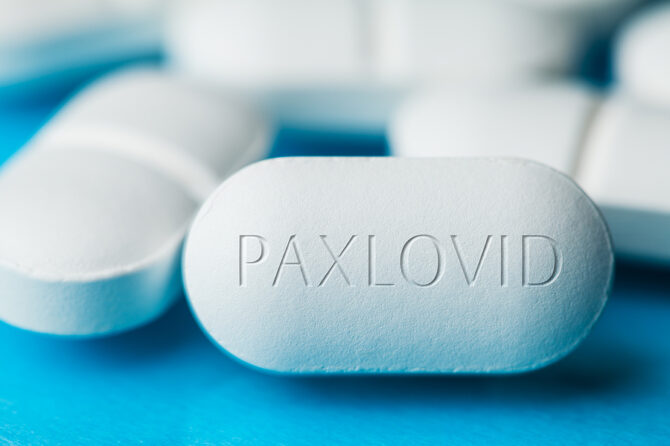
Pediatrics Prevention and Treatment Options for COVID-19
By: Joseph Mechak, MD and Emily Atwood, MD
Options for COVID-19 treatments and prevention have expanded over the past few months. As more options are available, it can be difficult to understand and navigate the different options. Below is a quick summary of what is available, who should be considered for treatment, and what may be coming next!
Importantly, COVID-19 infection in children is generally milder than in adults, and most children with COVID-19 will not require any specific therapy.
Treatment/prevention available for all risk levels:
COVID vaccine – The COVID vaccine remains the most important, most powerful, and most widely available tool in our COVID-fighting armamentarium. We strongly encourage all eligible children to receive all scheduled COVID vaccines! The most up to date recommendations can be found here. In the coming months (as early as June 2022) we do also expect that:
- The FDA/CDC will consider the addition of a booster dose 5 months following the second dose of the primary series for children age 5-11 years
- The FDA/CDC will consider a Moderna 2 or 3-dose primary series for children 6 months to 5 years old
Treatment/prevention available for those with a high-risk profile for severe disease
The treatment and prevention strategies below are available ONLY for those at high risk for severe disease. It is important that you discuss these treatment options with your doctor to fully understand the risks/benefits of therapy and to ensure your child qualifies for these therapies. Conditions that place children at high-risk for severe disease include:
- Body mass index (BMI) ≥85th percentile
- Immunosuppressive disease or receipt of immunosuppressive therapies;
- Neurodevelopmental disorders (eg, cerebral palsy, trisomy 21);
- A medical-related technological dependence that is not related to COVID-19 (eg, tracheostomy, positive pressure ventilation, g-tube);
- Sickle cell disease;
- Congenital or acquired heart disease;
- Chronic lung disease (eg, interstitial lung disease, tuberculosis); asthma or other chronic respiratory disease that requires daily medication for control;
- Diabetes;
- Chronic kidney disease;
- Chronic liver disease (eg, cirrhosis, autoimmune hepatitis);
- Pregnancy
Oral antiviral medication (nirmatrelvir and ritonavir/Paxlovid) – Paxlovid is approved under EUA for children >12 years and weighing more than 88 pounds and at high risk for progression to severe disease. Availability of this medication has increased throughout Spring 2022 making the most realistic option for certain children. A few important considerations:
- The medication must be started within 5-days of symptom onset
- Studies for this medication were only conducted in adults. There is no pediatric data at this time, so careful discussion of risks and benefits with a provider is necessary prior to starting the medication
- If your child has tested positive for COVID-19 and is at high risk for severe disease (based on criteria above) and is 12 or older and weighs at least 88 pounds, please contact your provider to discuss whether Paxlovid is appropriate and should be prescribed.
IV therapies: These are not widely available yet in our area so not a very realistic option for most patients.. Since these medications are infused through an IV, they are not given at our office and would have to be coordinated through a hospital or infusion center.
- IV antiviral therapy (Remdesivir/Veklury) – Remdesivir is an IV antiviral agent. It had previously been approved for only hospitalized children or adults >12 year of age. Recent data has led to an expanded approval in the outpatient setting for children 28 days or older and weighing more than 3kg and at high risk for progression to severe disease.
- IV monoclonal antibody therapy (Bebtelovimab) – Bebtelovimab is a monoclonal antibody. A monoclonal antibody is a single, specific type of antibody that is administered via IV that attaches to the COVID spike protein and signals the immune system to neutralize the viral particle. There are several monoclonal antibodies approved in adults, but Bebtelovimab is the only current monoclonal antibody approved in children. It is currently used in non-hospitalized patients ≥12 years of age and weighing ≥40 kg and at high risk for progressing to severe disease. It must be started within 7-days of symptom onset.
If you have questions about any of these options or think that your child may need one of these treatments, please contact your provider to discuss further.











Leave a reply